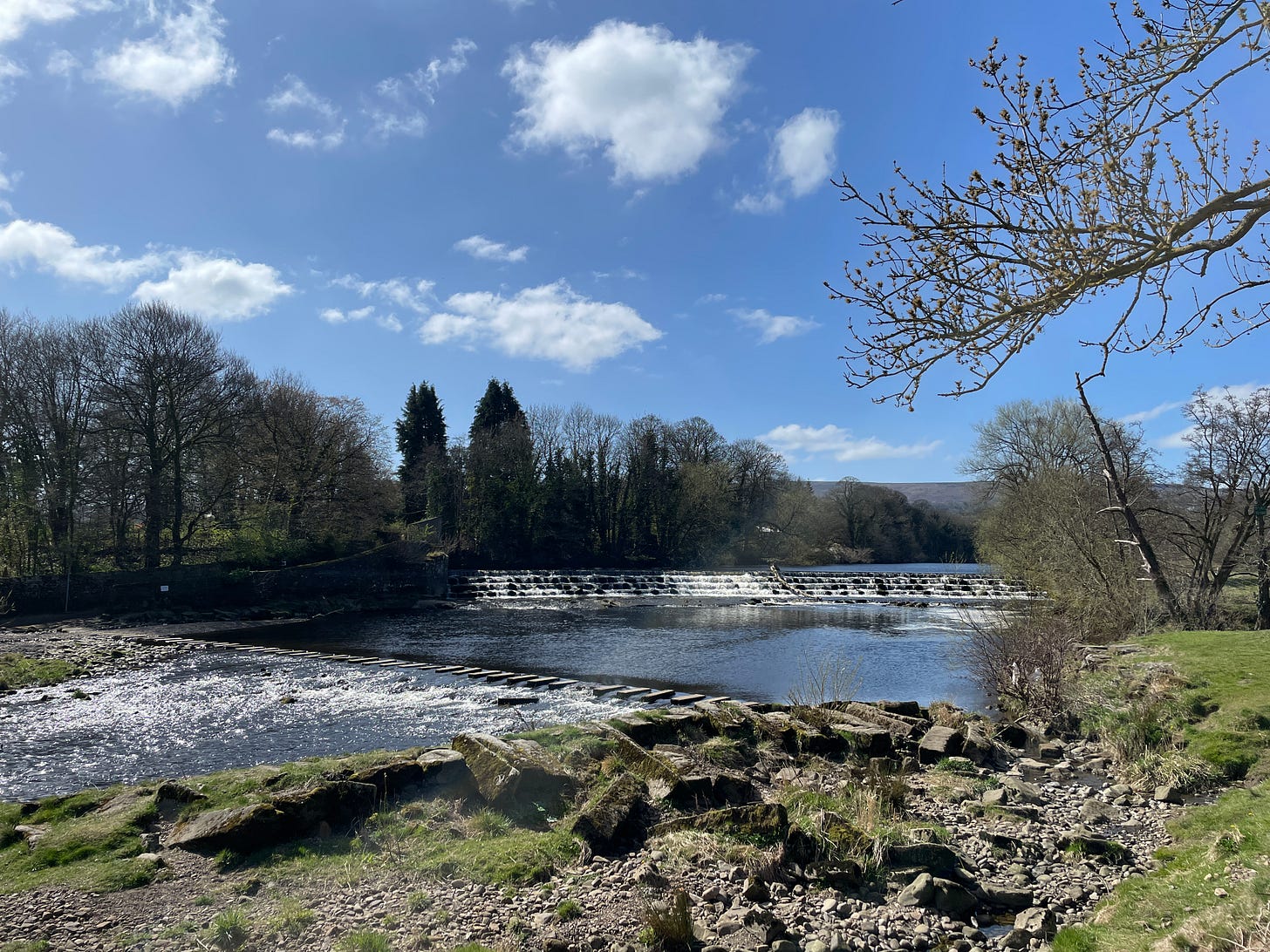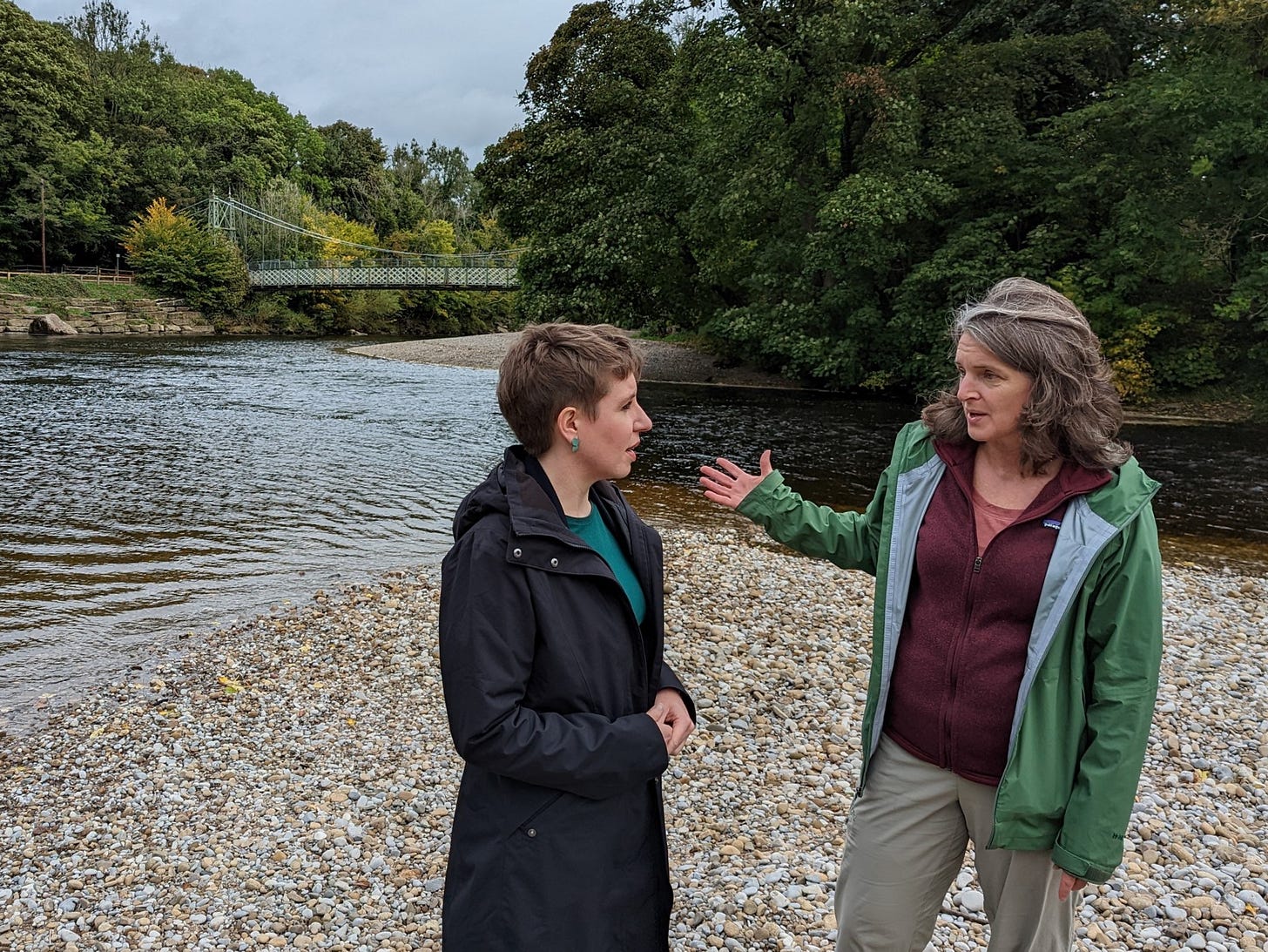Yorkshire Water 1 of 3 water companies “responsible” for 81% of serious pollution incidents
As the call for public ownership continues to grow, the Environment Agency reveals that the environmental performance of water companies is very, very poor
Yorkshire Water has been named as one of three water companies most responsible for an increase in serious pollution incidents, according to a new report from the Environment Agency, which recorded the lowest ever environmental performance assessment (EPA) scores among all nine companies operating in England.
Yorkshire Water, Thames Water and Southern Water were found to be responsible for 81% of serious pollution incidents, defined as “causing significant environmental harm”. There has been a 60% increase in them this year alone, the Environment Agency said.
It said there were three reasons for the overall decline in performance in 2024. One, wet and stormy weather. Two, longstanding underinvestment and poor upkeep of assets. And three, improved monitoring.
“Even as we overhaul and improve regulation, it is the water industry itself that must turn around this position,” said Alan Lovell, chair of the Environment Agency. “The data is clear, the public expectation is high, and the funding is in place. What is needed now is bold leadership, a shift in mindset, and a relentless focus on delivery. Every water company must rise to this challenge.”
Yorkshire Water was one of seven water companies to achieve a two-star rating (requiring improvement). Thames Water was the only company to receive a one-star (poor performing), while Severn Trent Water was the only one to receive a four-star rating (the maximum rating). The Environment Agency said all water companies should be on four stars.
In related news, Green Party councillors on Bradford Council have urged the Labour government to return Yorkshire Water back to public hands, 36 years after it was privatised along with other water companies under the Water Act.
Proposing a motion to Bradford Council, Ros Brown, one of three councillors representing Ilkley, said that since privatisation, water companies had paid out billions in dividends and accrued significant amounts of debt while continuing to increase water bills.
“Public ownership is not just viable,” she stated. “It’s essential for a cleaner, fairer, and more resilient water system.”
She added: “It’s phenomenal what the Ilkley Clean River Group has achieved, compared to the local Conservative MP, who, whilst he was a minister, tried to cover up the release of sewage data ahead of a general election.”
In a guest post on the London School of Economics and Political Science’s (LSE) blog, Kate Bayliss, a research associate at SOAS University of London, and Gwyn Bevan, emeritus professor of policy analysis in the department of management at LSE, described the privately run water industry in England and Wales as a “wild exception” and “global anomaly”.
No other country in the world, they argued, has fully privatised water in the way that England and Wales have, which has resulted in “private regional monopolies … that have been managed in the interests of shareholders”.
More regulation, they continued, isn’t the solution. Public ownership, though not a panacea, is: “It is a vital starting point from which to build a transparent, equitable, democratic water system. In that system, water utilities would continue to be self-financing, reinvest surplus funds and be able to borrow more cheaply.”
Supporters for a return to public ownership of water face a huge challenge, with the Labour government unwilling to back the transfer away from private hands because of how costly it argues that it would be.
The then environment secretary, Steve Reed, claimed that it would cost up to £100 billion to achieve this, a figure that has been disputed. In a letter to the Guardian, professor Becky Malby, Dr Kate Bayliss, professor Frances Cleaver and professor Ewan McGaughey, said that the estimate was “based on biased evidence”.
They continued: “The environment secretary should not use figures that are clearly misleading and have no bearing on the actual costs of public ownership.”




